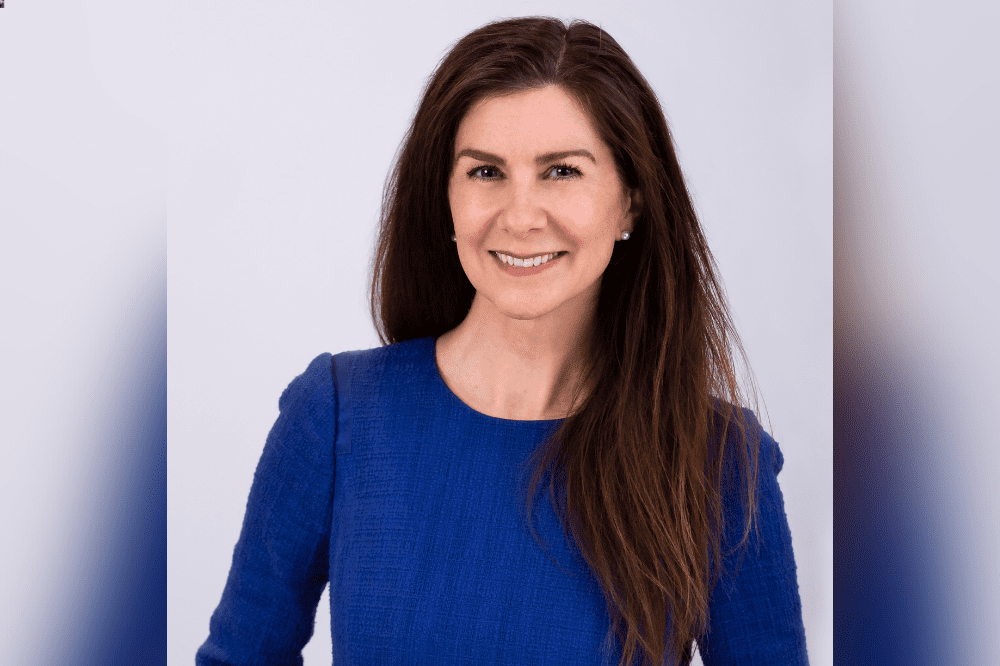Why insurance broking is about choosing your own adventures

Insurance Business connected with Sinclair to find out more about her career, what she enjoys about broking, and what trends she sees in the insurance market.
IB: How did you become a broker?
WS: Always such a great question! I am the typical Arts university graduate that fell into brokering via a summer job at an independent brokerage. I started in reception and went straight to commercial account management with a break in there for a year travelling in Europe.
IB: What do you particularly enjoy about broking?
WS: Brokering speaks to my curiosity. It is a delicious combination of problem-solving, relationships, negotiation, commerce, strategy, and constant learning. While the last two years have not been especially fun for a client-centric broker, I would still advocate that broking is a very interesting career that allows one to “choose their own adventure”, with a broad range of roles and the flexibility to move between them.
Ultimately, I love learning about businesses and business families and working hard to achieve a positive outcome for clients and our insurer partners.
IB: Can you tell me about your role – and its key responsibilities?
WS: I am the area president for the Vancouver Branch of Gallagher in Canada. My role is to operate and grow the practice in a responsible and sustainable way whilst maintaining a fantastic employee experience and client service excellence. My key responsibilities are to lead my amazing colleagues, manage local insurer relationships, and to support our clients in good times and bad.
IB: What challenges and opportunities do you see for the insurance market in your region in 2022?
WS: The challenges the insurance market faces are the same ones we all face. They are climate change, geopolitical instability, and the current inflationary environment. All of these challenges imperil our clients, creating unpredictable and potentially unforeseen risks. Of greatest current concern is valuation inadequacy given the swift rise in asset replacement cost due to inflation, COVID, and supply chain disruption.
The opportunity for the insurance market, and specifically brokers, is to guide our clients through these difficult times with empathy. We can also, as an industry, really positively impact ESG with our built-in mechanics to push/pull on environmental and other changes.
Insurance is one of the few industries that has carrot and stick built into it via underwriting, and we can encourage and discourage behaviours easily with credits, withdrawals of capacity, and surcharges. As such, we can very much guide society quickly to start to achieve net-zero for example or force change quickly at the board level on key societal issues.
IB: What are some of the key ways that you are able to support your clients right now?
WS: Currently we are trying to lead all conversations with clients and insurers partners with empathy. We have all been through a lot and focusing on the human aspect of all interactions, recognizing the stress of higher premiums, short-staffing etc. has served us well.
Gallagher also has amazing tools, data analytics, and insurer relationships that can completely change the conversation around risk, and create positive outcomes for our clients.
IB: What are some common challenges you are seeing being faced by your clients?
WS: For businesses, we see the bumpy supply chain continue to challenge our clients and high fuel prices will magnify costs on top of inflation currently. Talent shortages and risks created by new, less experienced employees are also concerning as is developing talent in a remote or hybrid workforce.
Uncertainty and inexperience with inflation is creating stress for our clients as they are not just seeing their insurance premium rise, they are seeing costs for everything rise and this is challenging their bottom line.





